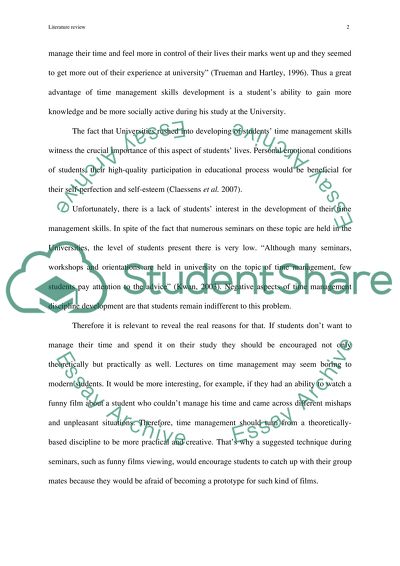Cite this document
(“Literature review Essay Example | Topics and Well Written Essays - 1250 words”, n.d.)
Retrieved from https://studentshare.org/environmental-studies/1407447-literature-review
Retrieved from https://studentshare.org/environmental-studies/1407447-literature-review
(Literature Review Essay Example | Topics and Well Written Essays - 1250 Words)
https://studentshare.org/environmental-studies/1407447-literature-review.
https://studentshare.org/environmental-studies/1407447-literature-review.
“Literature Review Essay Example | Topics and Well Written Essays - 1250 Words”, n.d. https://studentshare.org/environmental-studies/1407447-literature-review.


